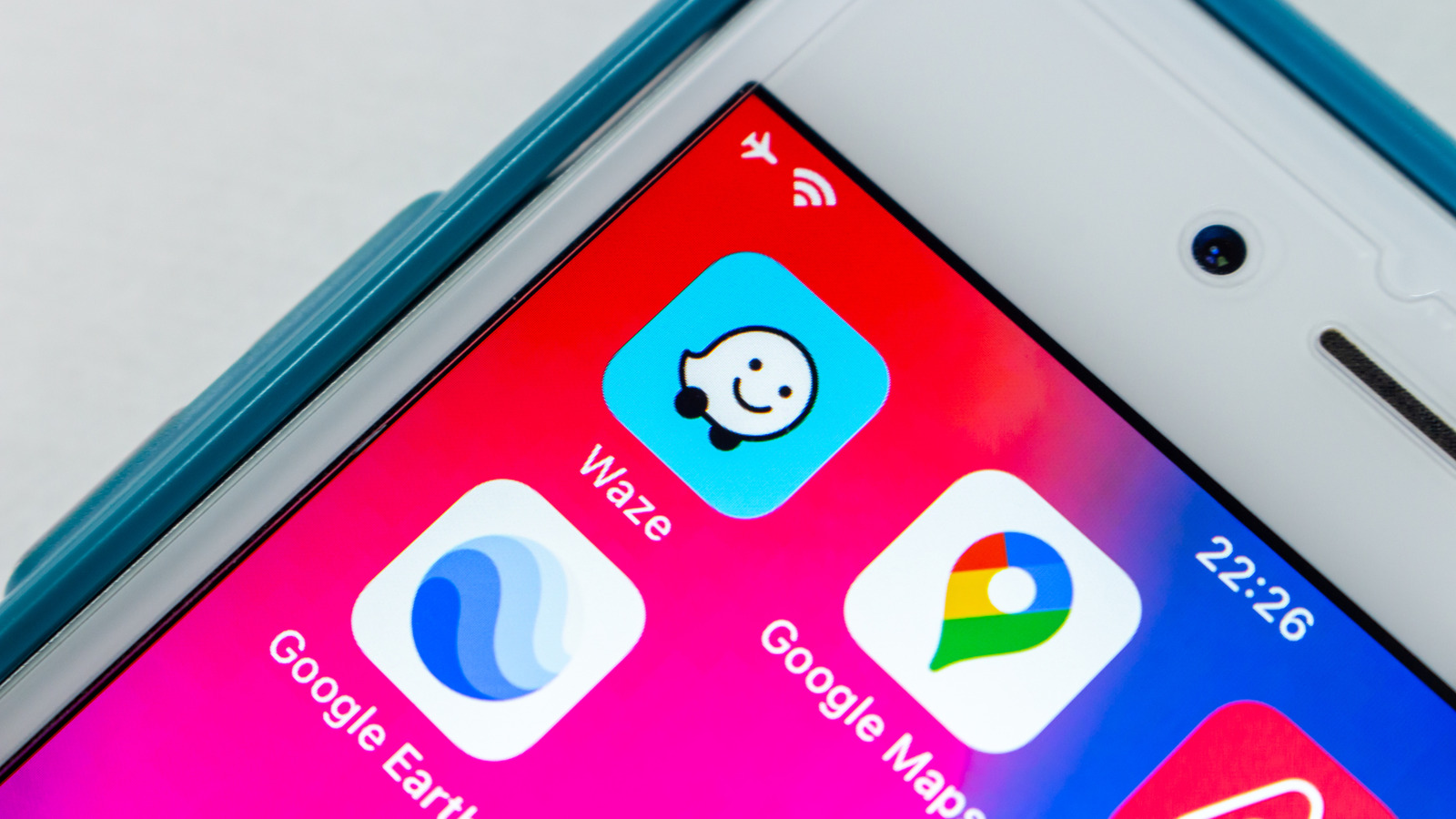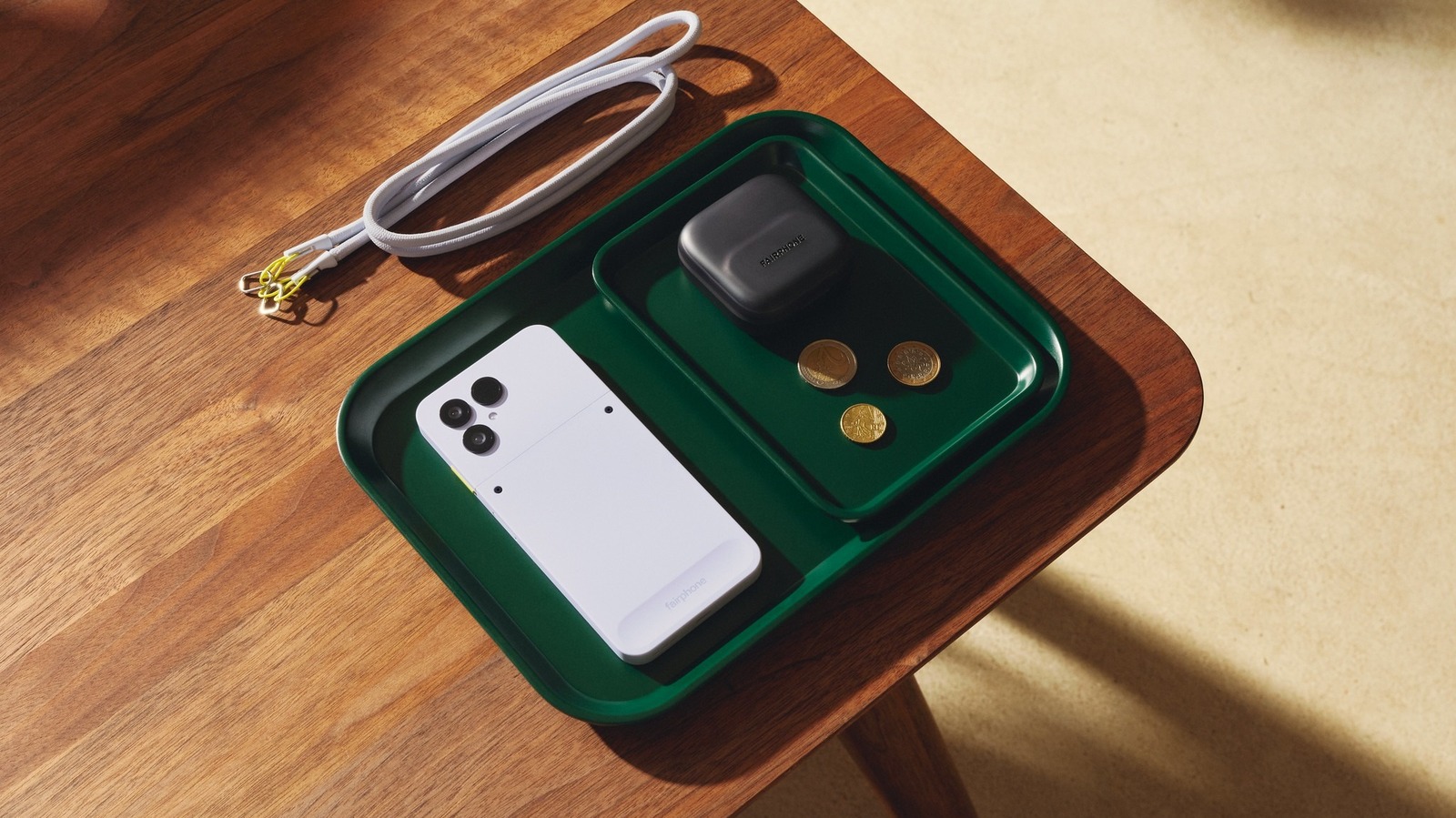When I look back on my 1990s childhood, it’s hard not to feel nostalgic. We roamed for miles without supervision, riding our bikes, building dens and swimming in streams. After school, we did crafts or played board games and, though the internet existed, my parents would boot me off to use the landline. Media was tangible – tapes, CDs, VHS – and often consumed as a family. I still recall the thrill of going to the video shop to choose a film.
It’s normal to feel like this, especially once you have babies of your own, and the social media algorithms know it. In the three years since I had my son and started writing the Guardian’s Republic of Parenthood column, I’ve noticed a huge upswing of interest in “90s parenting” and, this year, the trend seems to have exploded. Former 90s kids are in the thick of it, trying to work out how to parent our own children. There’s a feeling that huge advances in technology have resulted in a commensurate loss. But what of? Is it possible to get it back? And was parenting really better back then?
“Yes. Full stop,” says Justin Flom, a father of two and content creator based in Las Vegas, who built a replica Blockbuster video store for his daughters in one of the rooms of his house. “The whole family would pile into the car, head to the video store and roam the aisles while deciding what to watch,” he says of his own childhood. “It felt exciting, full of possibility. Scrolling online just isn’t the same.” There’s something about going to a physical place to choose a film together, as well as the anticipation and the delayed gratification when finally watching, that made it feel like an event. “Everyone remembers that blue and yellow sign, the carpet, the ritual of choosing a movie together.”
Not everyone has the space or the budget to do what Justin has, but the reasoning underpinning his decision would be familiar to many. “As a parent, I’m constantly guarding my children against content I don’t think is good for their brains,” he says. “We prefer older movies and shows, partly because I think the pacing is healthier. They’re not as chaotic or overstimulating.” His girls love the Home Alone movies, Harriet the Spy and Dennis the Menace, and their current favourite is George of the Jungle. Like Justin, I have been drawn towards 1990s media for my son. Current favourites are Pooh’s Grand Adventure: The Search for Christopher Robin and Teletubbies, which were both made in 1997 and are a welcome contrast to the frenetic speed of more modern shows.
Justin’s Blockbuster room is a way of making screen time intentional, and that seems to be at the heart of this idea of 90s parenting. “In the 90s, the critique was that TV would rot your brain, but it was stationary,” he says. “It lived in your living room. Now, media follows us everywhere. It’s in our pockets, on demand, nonstop. In my house, we work hard to compartmentalise media. It happens at a specific time and in a specific place. That’s part of what made Blockbuster special: it was a destination.”
With increasing fears about the effects of screen time, and parent-led campaigns such as Smartphone Free Childhood gaining popularity, it’s no surprise so many of us are looking back to the era just before they exploded. Some parents – and schools – are even giving their children landlines. A group of parents in South Portland in the US has done it so their kids can call each other, creating a “retro bubble” of resistance against screens. Scrolling through 90s parenting-themed reels on Instagram (I’m aware of the irony), I’m struck by a video of a group of adults and kids having a back garden water fight (organised via landline, of course), having put all their smartphones in a bowl on top of a high cupboard. It takes me back to a time when we weren’t stuck behind screens and our summers often saw all the neighbourhood kids engaged in huge water fights. It was when the mums joined in – coming out with a bucket or washing up bowl so you knew they meant business – that you’d get really excited.
Jess Russell is a big believer in the importance of play. A former primary school teacher and special needs coordinator, Jess is now a stay-at-home mum to two children, aged one and three, and uses her Instagram account @playideasforlittles to campaign for more learning through play in the curriculum. “I grew up in the countryside, and we were outside all the time. My mum was a stay-at-home mum. We’d do lots of arts and crafts at home,” she says. She’s trying to replicate this with her own children by giving them a slower pace of life, with lots of time in the garden and playing board games such as Hungry Hungry Hippos, and only watching TV as a family.
One of the reasons Jess left teaching was because she was disillusioned by the direction of education, away from play-based fun towards a more results-driven system. She feels lucky to be able to stay at home to look after her children – which was far more common in the 90s, when you didn’t always need two incomes to cover housing costs. I feel the same about working part-time, and wonder if 90s nostalgia is partly to do with modern parents having to work all hours to keep their heads above water, when they’d like more time with their kids and for it to be playful.
It’s not just about screens, I realise, it’s about connection, family time and, actually, time more generally. “Parenting in the 90s was basically just ‘slow’ parenting,” says Jess. That means not ferrying kids from activity to activity so days are jam-packed. Boredom is important, says Melanie Murphy, a mother of two from Dublin, who describes herself as “your nostalgic millennial mum friend” on Instagram. “Long stretches of unremarkable time were a gift I didn’t know I’d miss, and I want that for my kids. I don’t want to schedule every hour of their lives. I don’t want their lives to go by while their eyes are fixed on a device inches from their faces.”
It is when her children, aged two and four, are bored, says Melanie, that their imaginations really take over. “They’ll build forts, the floor will be lava, underneath the table will become a dragon’s den. We go outside in old clothes and get filthy looking for bugs. They’ll ‘help me’ cook the dinner and clean the house … We play music and have dance parties. We watch my old DVDs on a projector. We colour and paint for hours and read lots of books. Treasure hunts, picnics, making a mess, simple conversations. My husband and I have pulled back on structured activities, adult-led plans and screen time, and as a result our house constantly looks like a bomb has dropped, but the kids are happy so we don’t care.”
No doubt some 90s kids will laugh bitterly reading that. One funny video about 90s childhoods describes them as following your mum around changing rooms and having your hair cut in the kitchen, both experiences I can identify with. When I ask a friend if she mothers like a 90s parent, or knows anyone who does, she replies: “Hmmm … as in sleep training, lots of TV and Crispy Pancakes?”
She has a point. Every 90s parenting proponent I speak to, though, is well aware of the danger of rose‑tinted spectacles (round ones with wire frames, naturally). I ask Melanie which aspects of the 90s she might want to leave in the past. “The physical discipline. Being taught to ‘toughen up’ instead of allowing emotions to pass through the body as they’re meant to,” she says, also citing sleep training and the ‘naughty step’. The list goes on: “Secondhand smoke everywhere. The neglect of mental health … Gender stereotyping was off the charts, so was diet culture and UPF (ultra-processed foods) culture.” Her mum was in WeightWatchers, and Melanie used to binge on Pop-Tarts, then try to “undo” the snacks with sit-ups. That can all stay in the past. She also points out not all families were watching films together. In some, there was “little to no supervision of media consumption” and the children would see some incredibly inappropriate and traumatic content.
after newsletter promotion
Sometimes, the laissez-faire nature of 90s parenting could stray into neglect. In my own case, though, I look back wistfully on how “free range” I was as a child. Justin’s experience was similar. “My parents didn’t always know where I was and that was OK,” he says. “I got hurt sometimes. Kids used to break their arms sometimes. And then we learned not to do the thing that broke our arm.” (I did indeed break my arm.)
“That kind of risk-taking is important. It’s how kids learn judgment. These days, we bubble-wrap childhood so tightly that we’re taking those lessons away,” he says. There has been too much of an overcorrection, he thinks, and people “are longing for something a little looser, a little more analogue. Parenting that’s not ruled by fear.”
In other words, we are looking to redress the balance. “We know so much more now – about emotions, neurodiversity, safeguarding, food – and that’s obviously a good thing,” says Melanie. “What I long for isn’t a time machine, but a nice blend: the laid-back spirit of 90s parenting with the emotional awareness and knowledge we have today.”
I thought it was worth talking to someone who actually was a parent in the 90s about it, so Jess put me in touch with her mum, Lynn. “I had precious time with my children and I really value that,” she says of their long days spent outdoors, at home or with friends. She points out that shops used to be closed on a Sunday, and the simple joy of that being a day for family. “Today’s parents are craving that simplicity in family time.
“We lived in a two-bedroom house, and I had a rubbish car … Now people feel as if they have to sustain this standard of living. I feel really sorry for them, because there’s just too much pressure.” I ask Lynn if there is anything that is better now, and she struggles to think of anything. “I really admire mums nowadays because you’re balancing so much. I just didn’t have that. It was really quite straightforward.”
I’ll confess that when I first encountered the concept of 90s parenting, I thought it was a bit of a sentimental gimmick, driven by ageing millennials in thrall to social media algorithms. But if that is the case then why, writing this, do I feel so … sad? Perhaps the combined pressures of childcare and working, not to mention exhaustion (my son hasn’t been sleeping) are making me feel wobbly, but I suddenly feel close to tears thinking about choosing a VHS in the local Spar, even though that film was Scream (1996) and my mum made us turn it off. I can’t quite seem to shake this feeling of loss, and of wanting to return to a simpler time. Maybe I just need more fun in my life. Time for a water fight, I think. Who’s in?
The Republic of Parenthood: On Bringing Up Babies by Rhiannon Lucy Cosslett is published by September Publishing (£18.99). To support the Guardian, order your copy at guardianbookshop.com. Delivery charges may apply.







